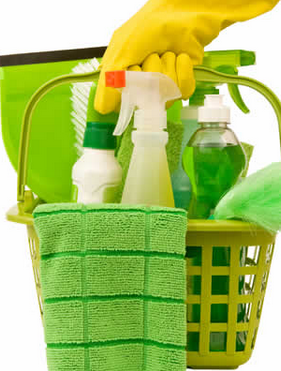Talking to Your Child About Addiction
 Addiction is a terrible reality of the world we live in. It can turn up in many unexpected places, and take many forms. It’s even possible for addiction to find its way into your own home, family or circle of friends. Facing such a situation can lead to feelings of anger, resentment, or guilt. These feelings are multiplied when children are affected.
Addiction is a terrible reality of the world we live in. It can turn up in many unexpected places, and take many forms. It’s even possible for addiction to find its way into your own home, family or circle of friends. Facing such a situation can lead to feelings of anger, resentment, or guilt. These feelings are multiplied when children are affected.
There are two main concerns when it comes to kids and addiction situations. First, children are impressionable. It is all too easy for a child to learn the wrong lesson, and someday think that substance abuse is a valid way to hide their pain. It’s important they learn that, while a person can heal and have a happy ending, that doesn’t make it okay. Second, children are inherently trusting, and this could be a major violation of that trust. It may be difficult for them to understand, and even more difficult for them to forgive. They will need an example of forgiveness, but never codependency.
Tailor your approach to the child
Not every child will be prepared to face all of the harsh truths that can come with substance abuse. Perhaps the most important thing to keep in mind when talking to your child is their own age, personality and development. As much as you’d like to however, it’s not always possible to protect them. If the person is very close, such as a parent or sibling, they have likely already seen some of those less pleasant aspects. Children can be much more perceptive than we sometimes give them credit for.
Be careful how you present a situation to a child. Do everything you can to help them understand that it’s okay to still care about a person who is struggling with addiction, but that substance abuse is dangerous and destructive. Don’t ever sugar coat the situation.
Be Honest
Honesty is always the best policy. Don’t ever try to rationalize or make it sound better than it is. As mentioned above, when it comes to younger children you may need to leave out certain details, but make sure they still understand the situation as appropriate to their age. If they have questions, don’t hide the answers. Answer them honestly. This helps build trust, and lets them know they don’t have to turn to some other source for answers.
If you are the one struggling with addiction, make sure your kids see that you are taking accountability. They should see in your example that you are facing a difficult challenge, and not hiding from it. This can be difficult, as overcoming addiction comes with a great deal of personal turmoil.
Be Positive
Even though the situation is an unpleasant one, make sure that the child knows it will get better. Let them know that the situation isn’t their fault, and that they should never feel guilty. Whether the user in question is you or someone else, if you can’t approach them with a good attitude, wait to talk to them until you can.
Even if you are very positive, they may still feel hurt, angry, or even responsible. This is normal, and you need to help them through those feelings. It should be stressed again that there is a real danger of slipping into codependency. Don’t ever use your children to lean on, even unintentionally. This will be damaging to both of you, and your relationship. Keeping a positive attitude when you are with your children helps make sure they don’t feel like they have to comfort you.
Guest Author: Joe Wallis
- What You Need To Know About Tamulosin - June 18, 2018
- Baby Walking the Walk: 5 Ways to Childproof Your Doors - June 5, 2014
- 6 Ways to Determine If Your Little One Needs Glasses - June 4, 2014



Be honest and be positive these two points are most important as written above, if parents consider only these two points they’ll surelly talk with their child in more better and eefective way.
thanks for this great sharing!
http://www.willingways.org